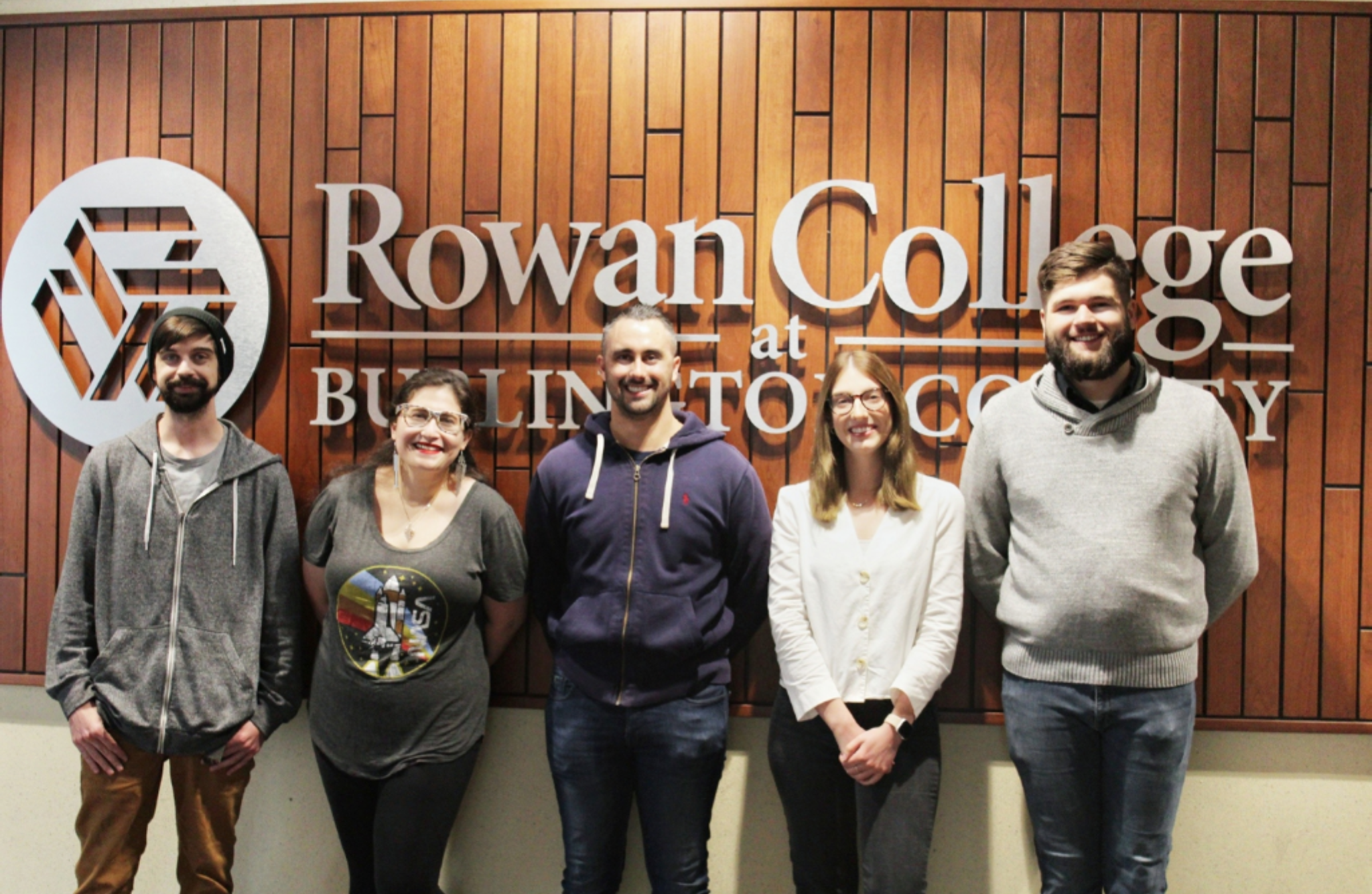

What do you get when you combine two dormant RCBC servers, seven computer science and cybersecurity majors and boundless creative energy? The answer: IRIS, a tamper-resistant message authentication system that provides a convenient and secure means to transfer and store data among computers.
The system works like this: it’s built using a variety of software and hardware components jointly acting as a platform through which users can easily create segregated operating systems dedicated to running a set of “Access Control” rules for users interacting on the network. In turn, this allows users to use beautiful web app interfaces written in popular programming languages (like Javascript) to detect, log and prevent malicious network activity. Simply, the IRIS tool solves a multitude of issues industry partners face in keeping outside hostile actors from interfering with its organizational operations.
“It was truly a blessing to work with such talented and hard-working individuals on a major, cutting-edge endeavor. In my humble opinion, this is not just the stuff scholarships and employment offers are made of; these students are the archetypes of intellectual spirit, second only to Nobel Laureates themselves,” RCBC Computer Science and Mathematics dual-major Jordan Jiosi mused.
The team behind the tool: Shanni Prutchi, Jeffrey Wood, Christopher Hendrix, Dalton Grovatt, Christopher Hurley and Hannah Marthaler, and Jordan Jiosi were selected to present their idea at the 2019 Hackaday Supercon. Hackaday is a well-known tech organization that brings together hardware hackers, builders, engineers and engineering enthusiasts around the world. The organization aims to reverse the often negative connotation surrounding the art of hacking and promotes the free and open exchange of ideas and information.
The common intersection among the members of the Project IRIS team is their overarching passion for cybersecurity. In fact, this is what drove several of the team members to study at RCBC over other schools, as RCBC offers a 3+1 option in Cybersecurity.
“I started off my college education at Salisbury University studying Computer Science but while there I began an interest in cybersecurity. When I left Salisbury and came back home, I looked for affordable places to study cybersecurity and was pleased to learn that RCBC offered an associate degree program in cybersecurity. I later learned about the 3+1 program with Rowan University,” Jeffrey Wood shared.
Shanni Prutchi echoed a similar sentiment, as she began her college career at Rowan University.
“I started off at Rowan University studying Electrical and Computer Engineering, but while taking a semester break, I developed a deeper interest in cybersecurity. I researched options for studying cybersecurity in the area and was pleased to learn that RCBC offered an associate program in cybersecurity and a 3+1 program in the field! Transferring my credits from Rowan University was easy, so I was able to jump right into my major-related courses.”
Christopher Hurley, on the other hand, was interested in the way that RCBC presented cybersecurity and that it was being taught with a hands-on approach.
“Being in an environment where thorough research, critical thinking and problem-solving are encouraged was definitely a great opportunity, and I hope to find the same principles wherever I land in the future,” Hurley commented.
Whatever the future holds for this talented group of students, their inherent passion and hard work will continue to serve them well.
This story is part of RCBC’s 50 stories for 50 years. In honor of the college’s 50th anniversary, RCBC is profiling students, faculty, administrators, alumni and the college community. Anyone interested in being featured can contact rcbcnews@rcbc.edu. To follow along on social media, use #RCBC50Stories.
Pictured above (from left to right): Christopher Hendrix, Shanni Prutchi, Jordan Jiosi, Hannah Marthaler and Jeffrey Wood

